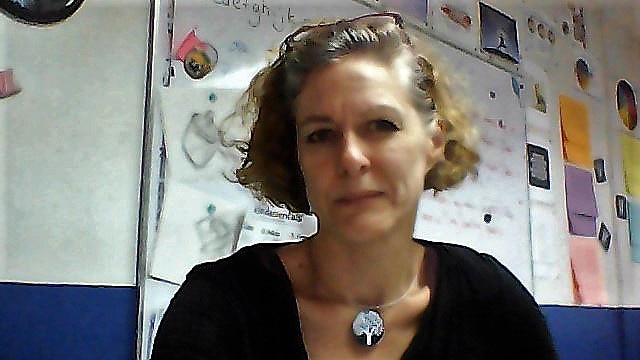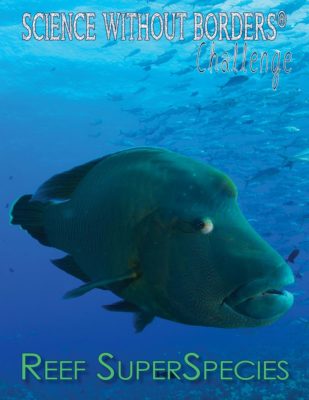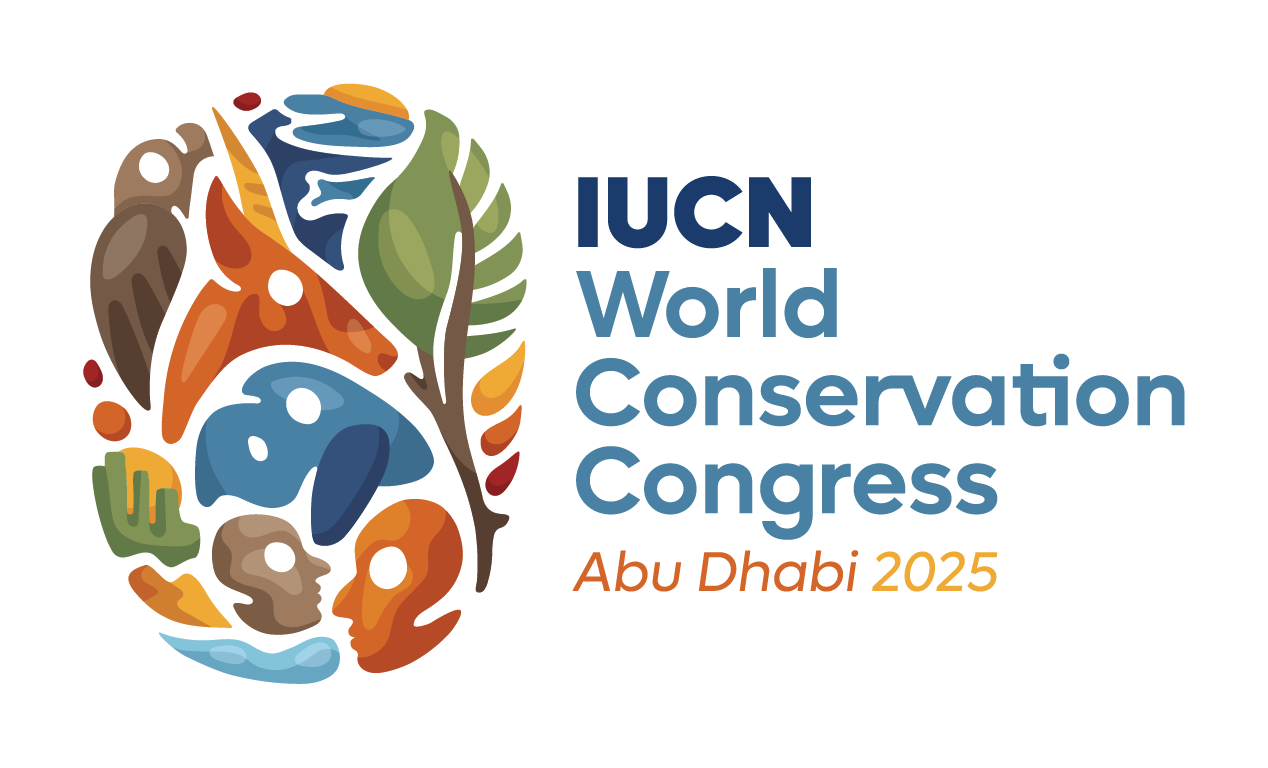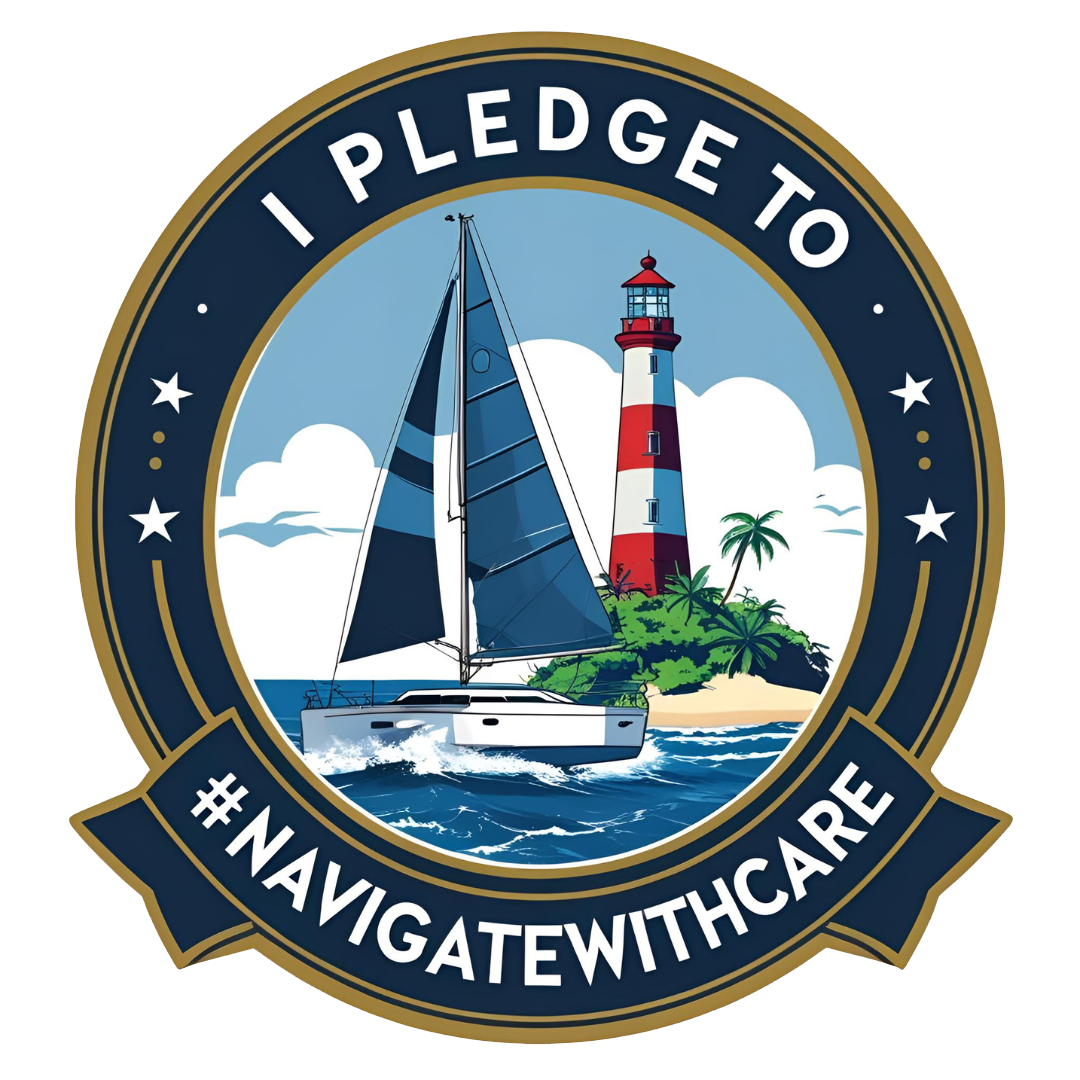Over the past couple of years, we have received some really compelling and inspirational pieces of artwork as part of the Science without Borders® Challenge, an international conservation art contest. During last year’s contest, we met an exceptional art teacher, Disa Cooper, from Fountain International School in Manila, Philippines, who inspired us all and reminded us why there is a need for this art contest.

The theme for last year’s Challenge was Fishing Under the Radar. For the contest, students were challenged to create a piece of artwork that illustrated Illegal, Unreported, and Unregulated fishing, which is often called IUU fishing. To date, this is the most difficult topic that we had chosen.
Executive Director Phil Renaud explains, “We knew that it would require students to conduct a good deal of research; however, we also knew how important it was for students to learn about such an important topic and how we can change our actions in order to conserve our oceans.”
Near the close of the contest, I started receiving emails from Disa. She thought the contest theme was important and wanted her students to learn about it. She shared, “I got very
inspired as your ART competition was SCIENCE based. I try not to get too political in my classes, but your website provided neutral and educational (student appropriate) and professional information, so I deemed it safe to use for my lessons.”
She went on to explain that she cancelled her whole semester’s plan and in its place, she assigned her 7th and 8th grade art students to learn about IUU fishing and create an art piece that would be submitted to the Challenge.

As part of the project, she also encouraged her students to give up eating fish for one week, which many of them did. She explained that this task was really difficult because fish is a staple in most Filipino daily diets.
By challenging her students to give up fish, Disa created a ripple effect that sent an educational message about IUU fishing to each students’ family members.
After Disa mailed in all of the students’ artwork for the art contest, she asked her students to write down what they learned by participating in the Challenge and how they could prevent IUU fishing. Below are some of the students’ responses to these questions along with their artwork:
no images were found
In the true sense of the meaning Challenge, Disa not only taught her students how to make beautiful artwork, but she also imparted moral responsibility for the ocean by providing knowledge about an important topic that affects all of us.
In a later communication Disa said it best, “We have planted a seed and I hope it grows into a great oak one day.”
We are grateful for teachers like Disa, who go the extra mile to plant the “seed” and make the Science without Borders® Challenge meaningful in more ways than one.

About the Science without Borders® Challenge Art Contest
In an effort to get students and teachers interested in ocean conservation, the Foundation created the Science without Borders® Challenge in 2014. This annual international art competition encourages primary or secondary school students who are between the ages of 11-19 to create a piece of art related to an annual ocean conservation theme.
The theme for the 2017 Science without Borders® Challenge is “Reef SuperSpecies.” For this year’s Challenge, students’ should use their imaginations to create a piece of art that illustrates a made-up Reef SuperSpecies. A Reef SuperSpecies is an organism (plant or animal) that has found a way to adapt to a deadly threat facing coral reef ecosystems. Participants can make up an organism or base their organism off of an already existing reef organism.
The deadline is Monday, April 24, 2017.
For more information on the contest and how to apply, visit lof.org/SWBChallenge.


